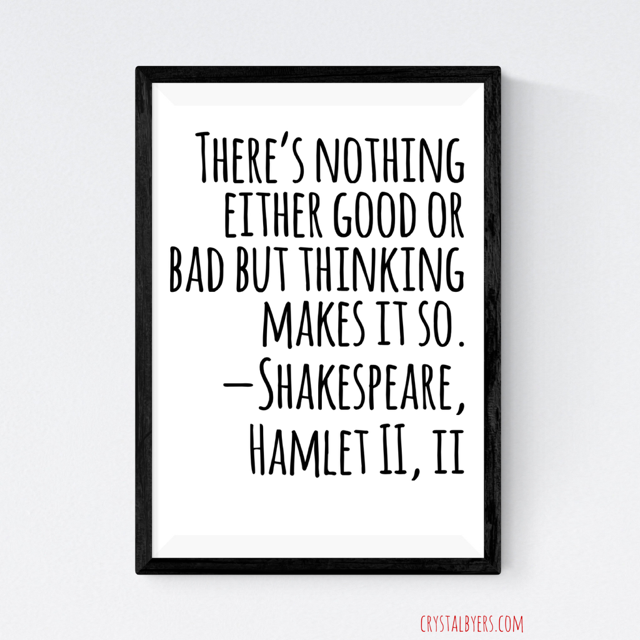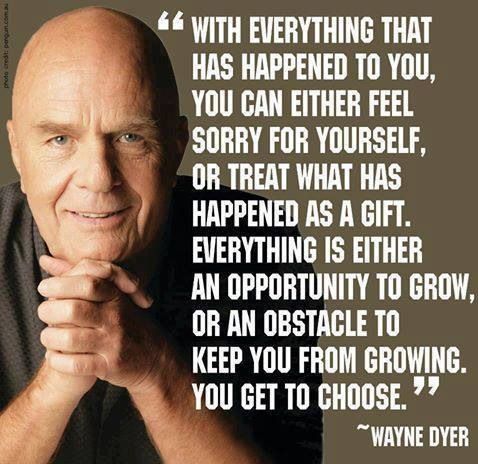I don’t care to tell people I’m reading Self Help. The term carries a stigma as if I’m sitting here, crying, “Help me!” I’m not. Not that I never have. 54-year-old Crystal has learned to be so much kinder to herself than many of her earlier selves—maybe because of these recent books. If I had read any of them, let’s say ten years ago while experiencing a schizophrenia-low with my son, or back in 2017 when a hurricane flooded me, my family, and lots of things out of our home and we lived in a hotel ten months while rebuilding, or in 2020 when my mother died followed by my dog, or even last year when I experienced a cancer low, the timing might not have connected to an open mind. In my personal experience, if I believe something will work, it will. If I say, “There’s no way,” then I’m also right. This is why words have power—especially the words we reserve for ourselves. So—I would say these books fall into the genre of Self Kindness.
In November, I read The Emotion Code.
- An entire post @ this link.
- A one-sentence synopsis: If you hold onto negative emotions, they will become trapped in your body and make you sick, so let them go.
- My take-away: With God’s help, I started letting go of the emotions that do not serve me, and voila! Life looks brighter.
In December and January, I read Atlas of the Heart.
- Another post @ the link.
- Another synopsis: Brené Brown and her team of researchers explore eighty-seven emotions and experiences that define what it means to be human.
- My take-away: We’re all human. That means we all make mistakes. That means we must forgive both ourselves and others. So (see The Emotion Code synopsis)—LET IT GO. The research explains our emotions in detail, so we can better understand exactly what to release. A must read.
In January and February, I read The Untethered Soul.
- I didn’t write a post.
- Synopsis: LET IT GO, and your soul will be free.
- My take-away: The more we judge others as well as situations, the more we judge ourselves. Life will have challenges. Release judgement of the challenges and challenging people and self. Pain and suffering are just things. Temporary things. Perhaps God will help if we ask. In my experience, He does.

There were times when reading a couple of these books that I became a little annoyed at the repetitive nature. I could’ve thought, “This is stupid,” and reshelved the book or left it on the porch for Goodwill. Instead, I kept an open mind, persevered to the end, found pieces worth appreciating, and started the next book on the list.
Now I’m reading The Four Agreements. It’s subtitled A Practical Guide to Personal Freedom and A Toltec Wisdom Book. Another must-read in my humble opinion.
The 1st Agreement: Be Impeccable with Your Word
“We must understand what power comes out of our mouths…Your opinion comes from your beliefs, your own ego…When you are impeccable (literal translation “without sin”), you take responsibility for your actions, but you do not judge or blame yourself [or others]…If I love myself I will express that love in my interactions with you, and then I am being impeccable with the word, because that action will produce a like reaction.”
Don Miguel Ruiz
The agreements that follow are all based on the first one, and I’m seeing more LET IT GO:
- The 2nd Agreement: Don’t Take Anything Personally
- The 3rd Agreement: Don’t Make Assumptions
- The 4th Agreement: Always Do Your Best
I’ve noticed that the more I surround myself with good thoughts and energy, uplifting words and people, the more vibrant and healthy and at peace I feel. Of course, there’s always that tiny voice in my head that says, “Let’s see how you’ll handle the next (fill-in-the-blank).” Cue the evil laughter. I’m learning to let that go.
Well, recently I had a biopsy to confirm my clean bill of health. One week later, I received a call that included the words “cancer” and “surgery.” I wrote everything down. On Friday, March 15, I will have a little lumpectomy to scoop out those cells. I’ve known for over a year this would be a possibility, and I feel as if I’ve been training for this moment. I still feel vibrant and healthy and at peace. And to maintain the good, I’m talking with God, letting go of certain emotions, and turning off today’s comments. These are the last things I’ve learned.






















